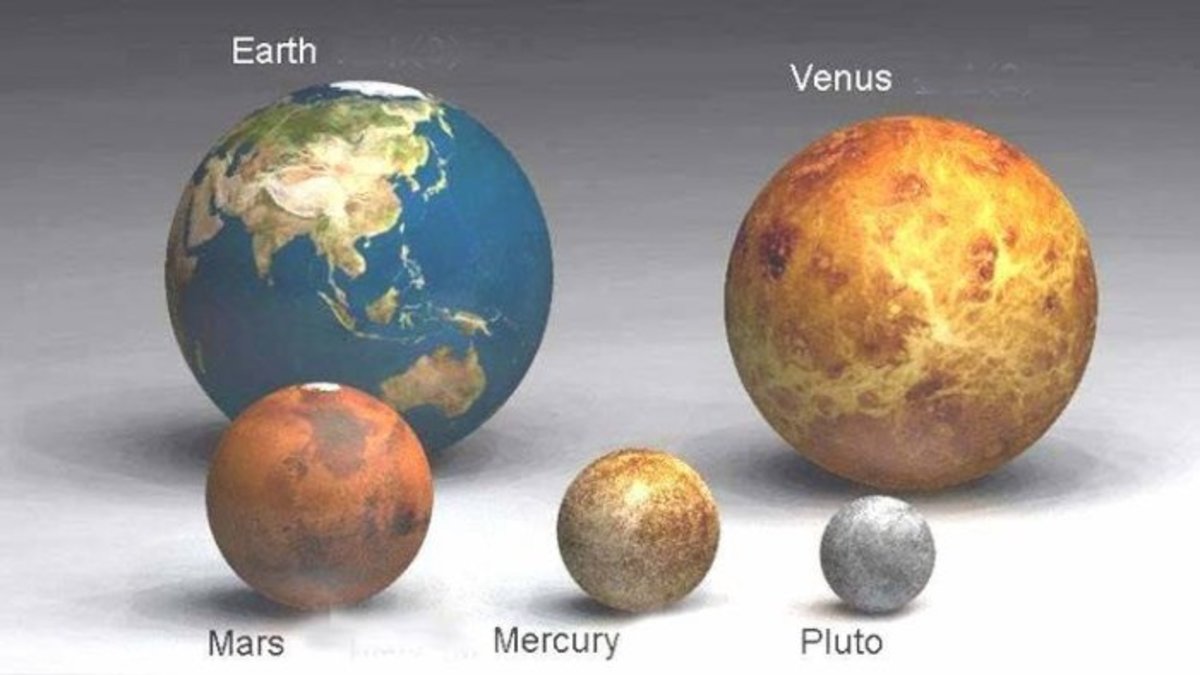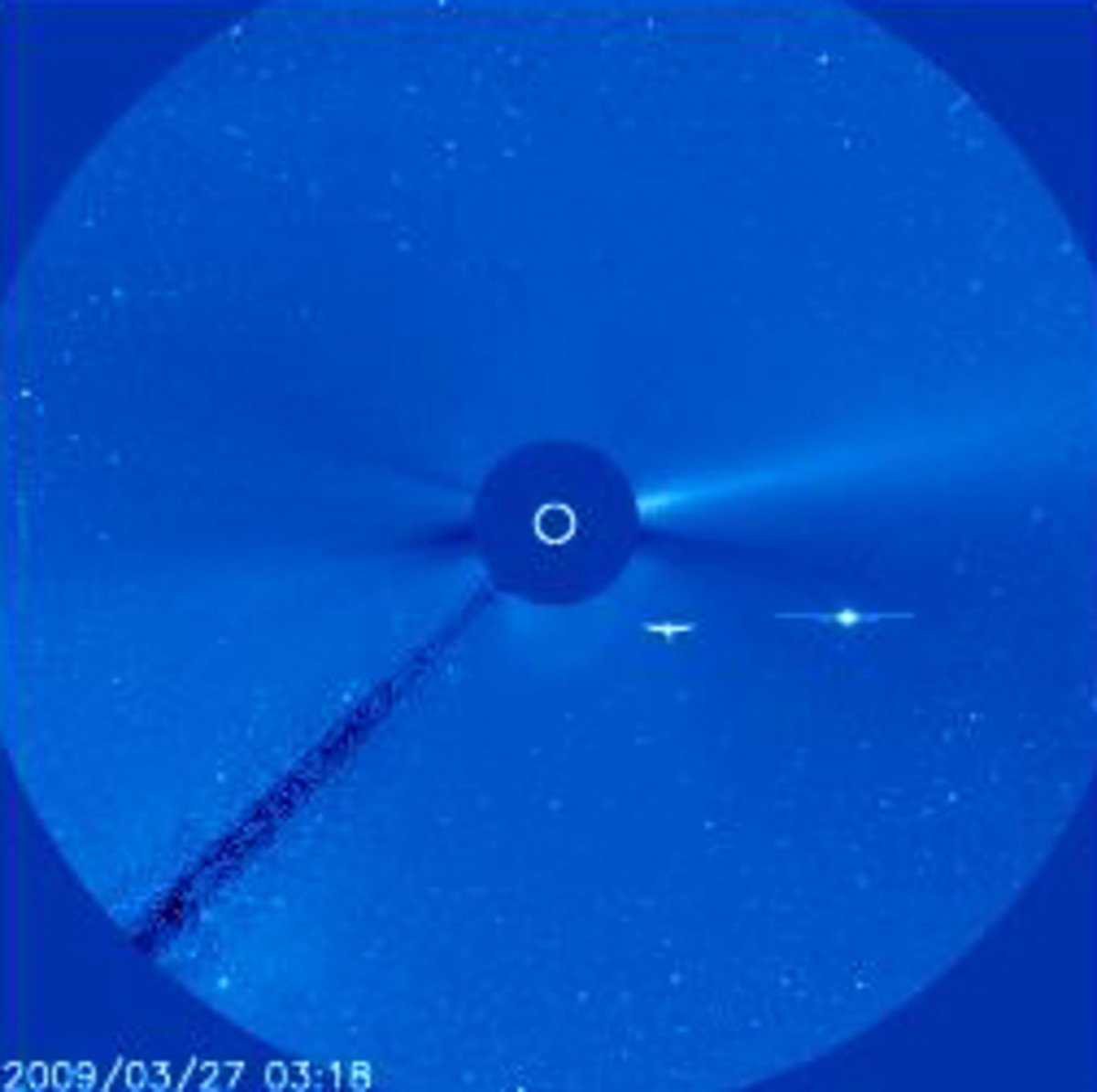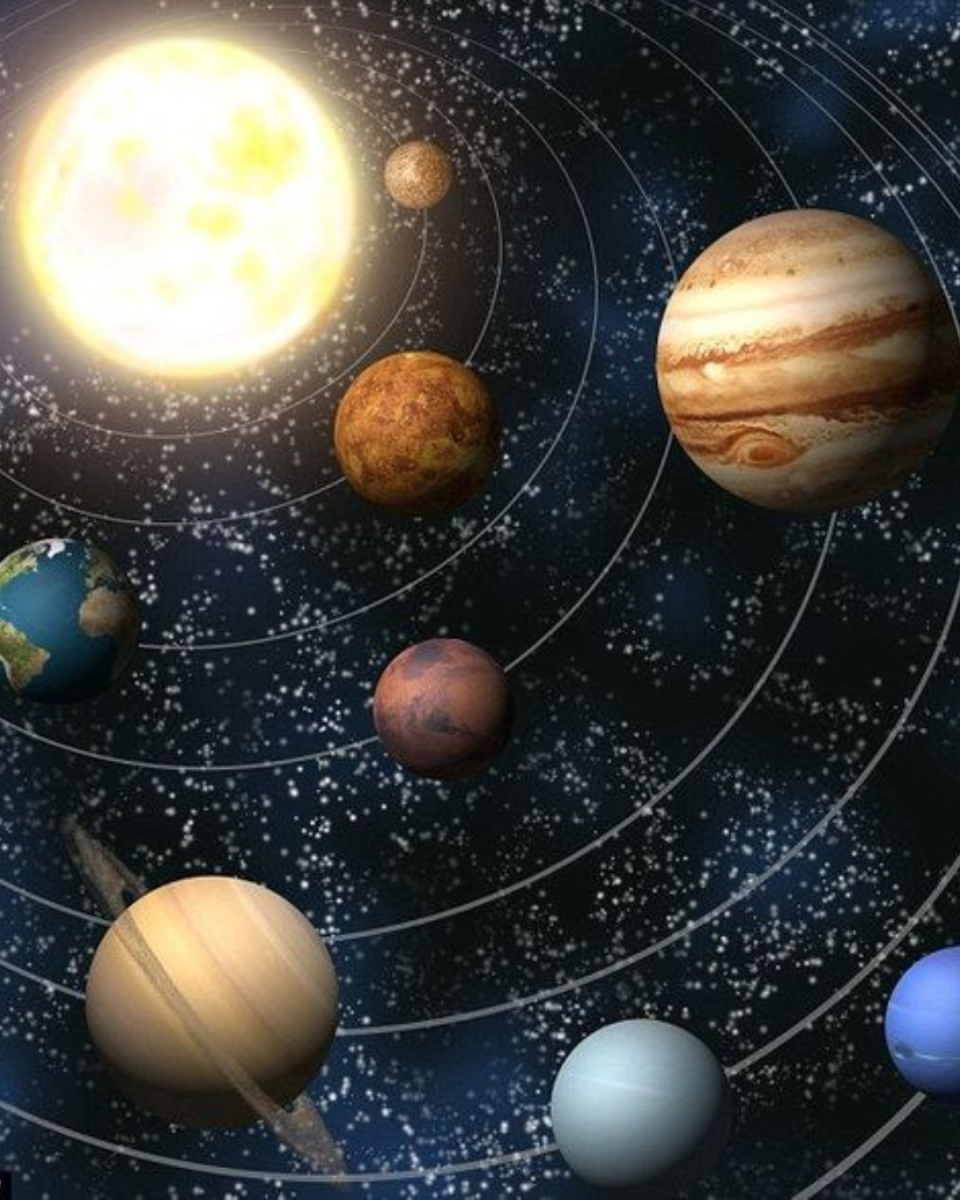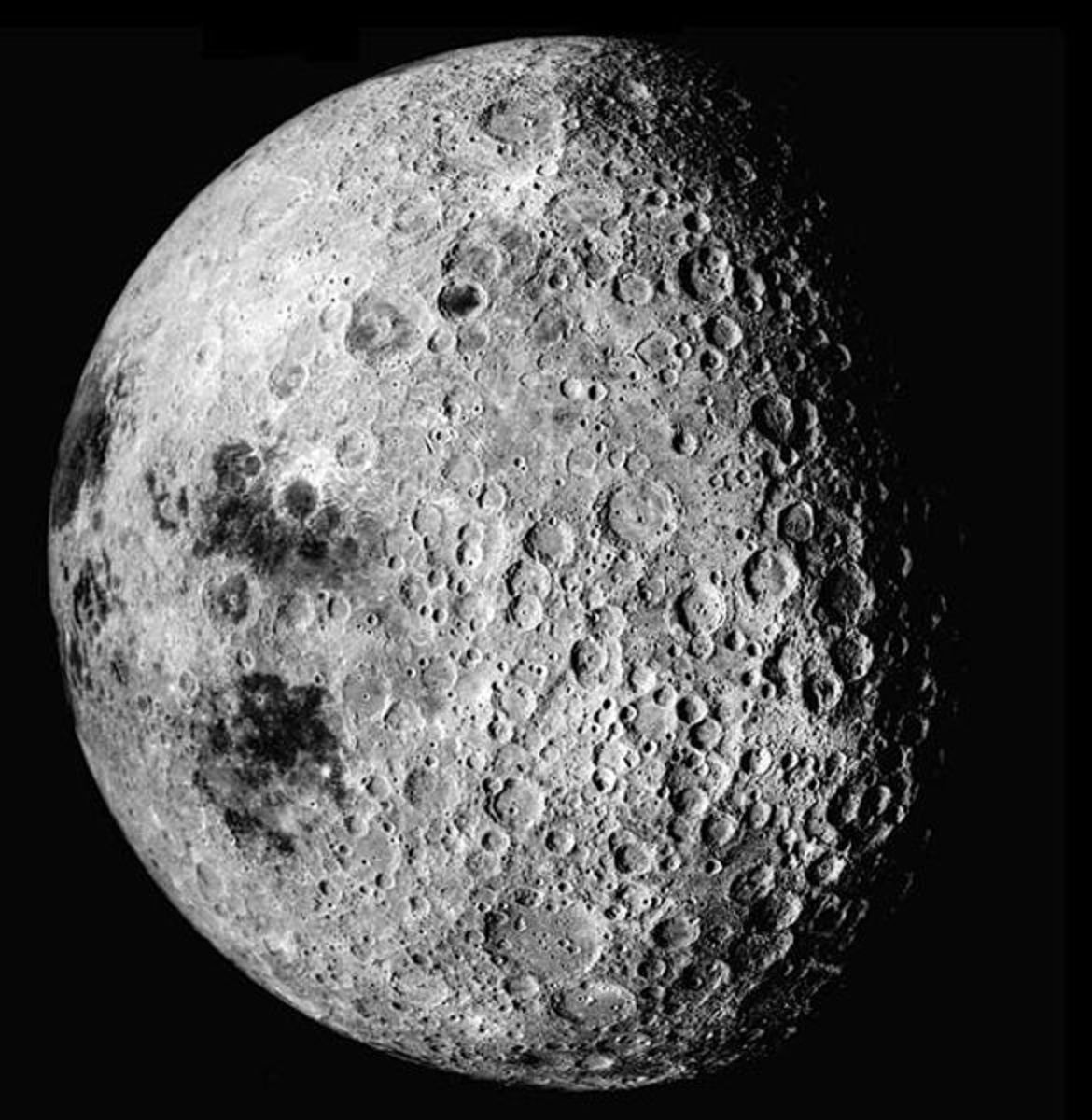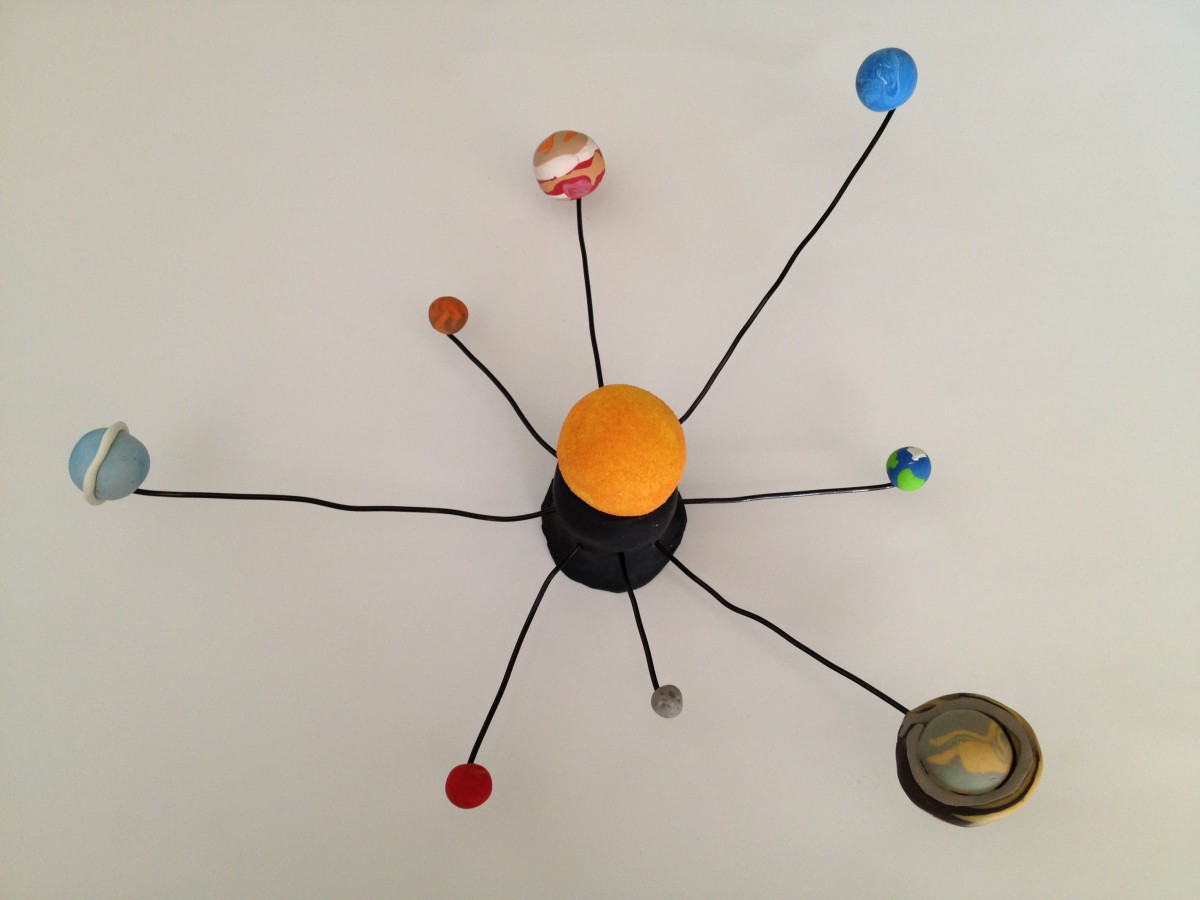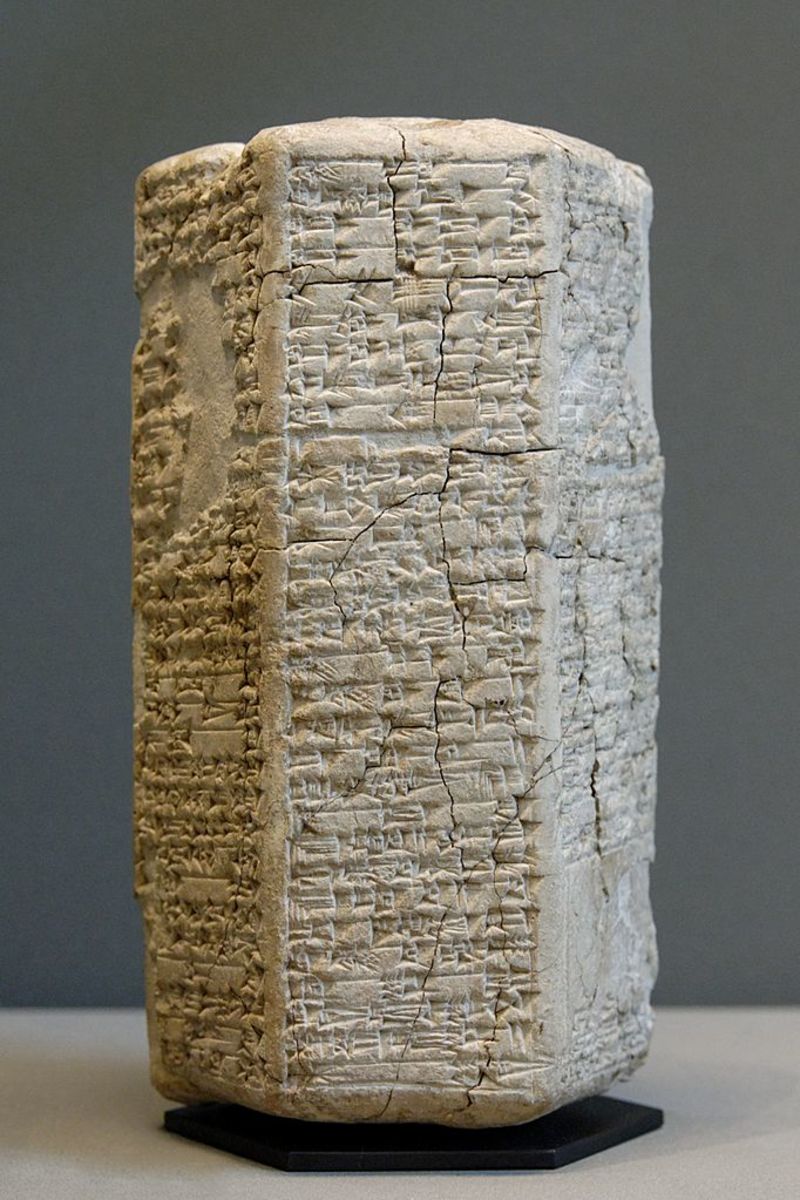Why Pluto Should Be A Planet
Pluto, the real deal, up close and personal!
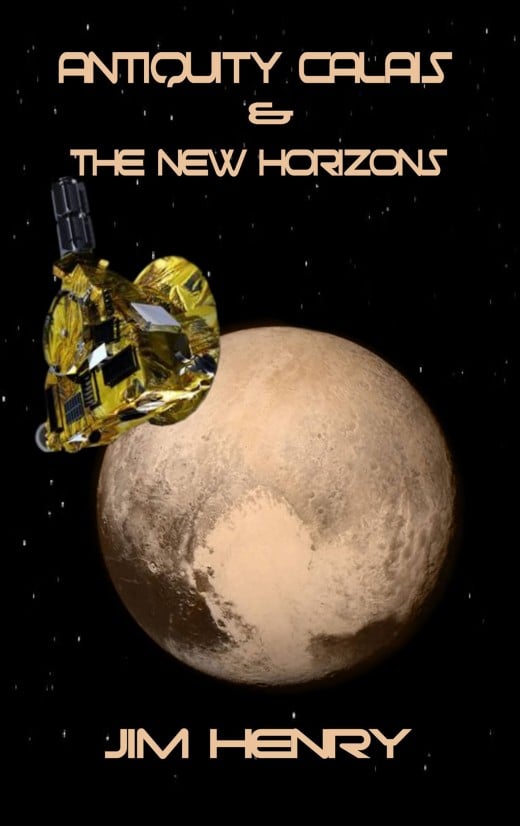
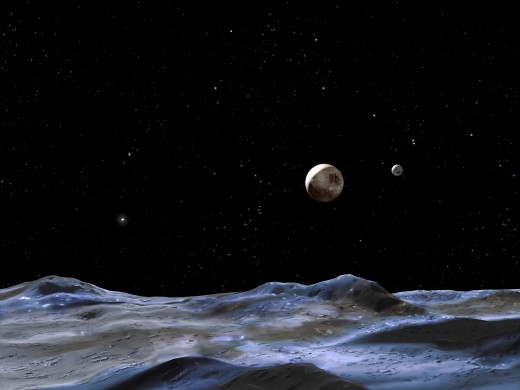
The Case for Pluto
I first dreamed of being an astronomer in the fourth grade, when I chose astronomy as my topic for the science fair at my elementary school that year. One of the basic tenets any aspiring astronomer needed to know was the names of the planets, in order.
Mercury
Venus
Earth
Mars
Jupiter
Saturn
Uranus
Neptune
Pluto
That's what everyone said, and that's what everyone had said since the last planet - Pluto - had been discovered way back in 1930.
That is, until, 2006, when the astronomical community passed rules regarding what traits a celestial body must have to be considered a full-fledged planet.
According to universetoday.com, those traits include:
- It needs to be in orbit around the Sun – Yes, so maybe Pluto is a planet.
- It needs to have enough gravity to pull itself into a spherical shape – Pluto…check
- It needs to have “cleared the neighborhood” of its orbit – Uh oh. Here’s the rule breaker. According to this, Pluto is not a planet.
Therein lies the rub. After 76 years of calling Pluto a planet, the International Astronomical Union had decided to reclassify Pluto a Dwarf Planet.
Here's the problem. What does "Cleared the neighborhood" mean? One interesting detail I remember learning during my research for the science fair is that because Pluto has an irregular orbit, for a prolonged period of time, after the orbits of Pluto and its much larger neighbor Neptune intersect, Neptune was actually further away from the Sun than Pluto was.
So if the reason why astronomers feel that Pluto should not be considered a planet is because it has not "cleared the neighborhood," why should we feel that Neptune is a planet either? Obviously, if little old Pluto continues to intersect the orbit of Neptune every few hundred years, Neptune hasn't done enough to clear the neighborhood.
In fact, another interesting detail I remember about Pluto is that, at least in the 1970s, one of the ideas about Pluto is that it was once a moon of Neptune, but somehow it was able to escape the orbit of Neptune and establish its own (highly irregular) orbit around the Sun.
If Neptune was so weak that it could not keep this prodigal child in check, why should we take Neptune seriously as a planet? Could it be because Neptune is much bigger than Pluto?
I think we're getting warm here. The problem with Pluto is that it's just too small, and that's what got the IAU's panties in a bunch. Something that small just shouldn't be a planet. Of course, they couldn't just come out and say that, so they came up with this other idea about clearing the neighborhood (a nice, vague, easily debatable term).
Here's another interesting tidbit. Did you know that every year, our own Moon (which some in the astronomical community refer to as Luna) is getting further and further away from us? Did you know that the mass of the Earth in relation to the Moon is close enough that some astronomers refer to this as a binary planetary system with two planets in the same orbit around the Sun? Does that sound like Earth has "cleared the neighborhood?"
Interestingly enough, astronomers predict that in millions or billions of years, the Moon will stray far enough away from the Earth that the Moon will escape from our grasp and become a planet in its own right. But do you think the astronomers in the IAU will ever conclude that our precious Earth should not be a planet? I mean, look at it. Earth is tiny compared with the likes of Jupiter, Saturn, Uranus and Neptune, and if Neptune is so wimpy that it can't even keep tiny little Pluto in line, a mere dwarf planet, why should we presume to call our own home a planet?
Maybe in the broad scheme of things, it doesn't matter much whether we call ourselves a planet, a dwarf planet, or a piece of space junk. So in that regard, doesn't the IAU have more important things to do with its time than debate about whether Pluto should be a planet?


